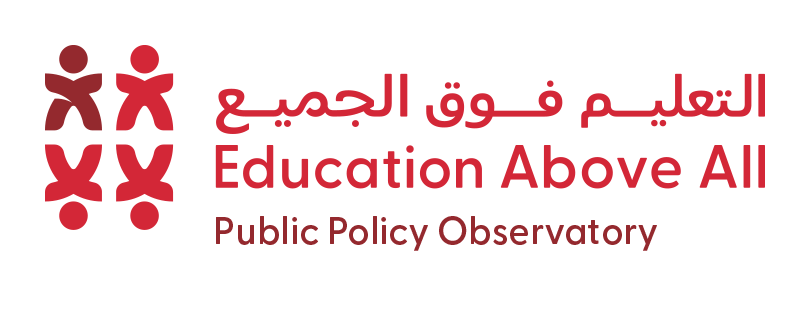Context and Problem
Africa's rapidly growing population, which is expected to reach one billion by 2050, continues to increase demand for jobs, infrastructure, healthcare, and agriculture. The solution stands in globalization and technology, which require transformative leadership to address the challenges. Moreover, Africa continues to face a lack of ethical, entrepreneurial, and transformative leaders who are capable of driving systemic change. Moreover, many African students face significant challenges when accessing quality education and guidance for higher education. Moreover, unequal opportunities in education further hinder progress, particularly for those who come from underprivileged backgrounds. The African Leadership Academy (ALA) aims to make a significant impact in these avenues.
Solution
The solution by ALA involves leadership development and university guidance programs. The academy has a three-phased model. First, identify, where the academy identifies youth from across Africa who demonstrate a leadership potential, entrepreneurial mindset, and a commitment to social impact. These students are then recruited into a two-year residential program that includes individuals from 46 African nations. Second, develop. The academy runs a two year program emphasizing academic excellence, leadership practice, and entrepreneurship. Additionally, during this phase, there is the university guidance program, which helps students define academic and career goals, prepare for standardized tests, and navigate university and scholarship applications. Moreover, personalized counseling and essay workshops are also held, to ensure students receive the support they need to access global higher education opportunities. Since 2010, students have secured $210 million in scholarships. Third, connect. ALA has created a robust network of alumni and leaders which facilitate continued growth, mentorship, and collaborative efforts among alumni to drive systemic improvements in Africa.
Impact
ALA graduates have enrolled in 302 universities across 58 countries, including University of Rochester, University of Notre Dame, and Cornell University. Moreover, alumni secured $210 million in scholarships. 1,588 students have graduated from the ALA’s two-year program, with 78% engaged in impactful work across Africa.
Note: further studies and analysis will have to be conducted to understand the impact of the intervention properly.













